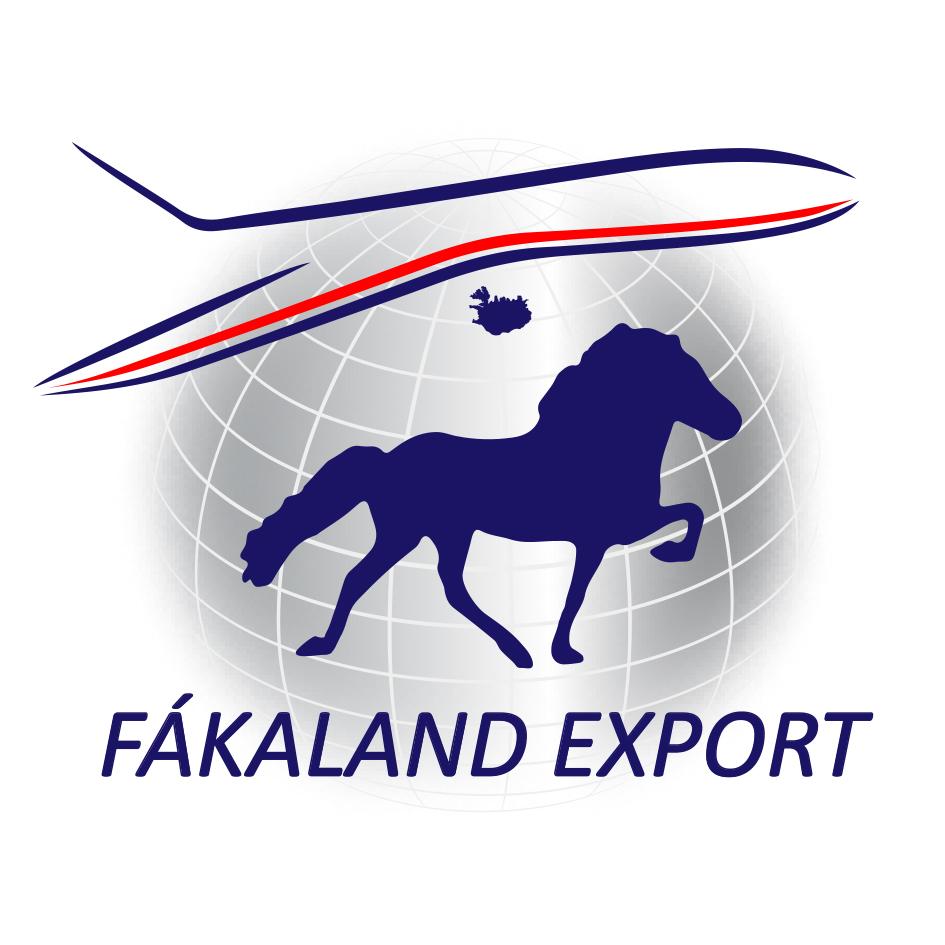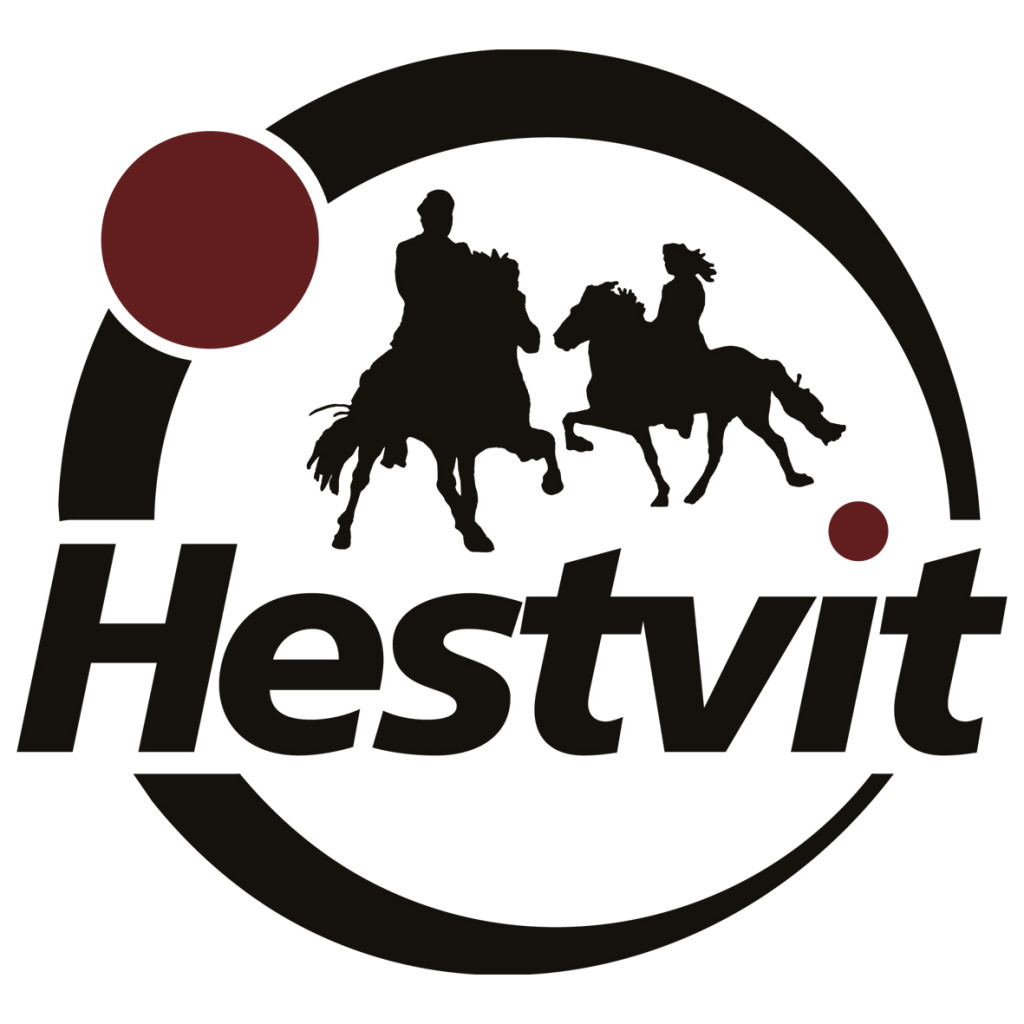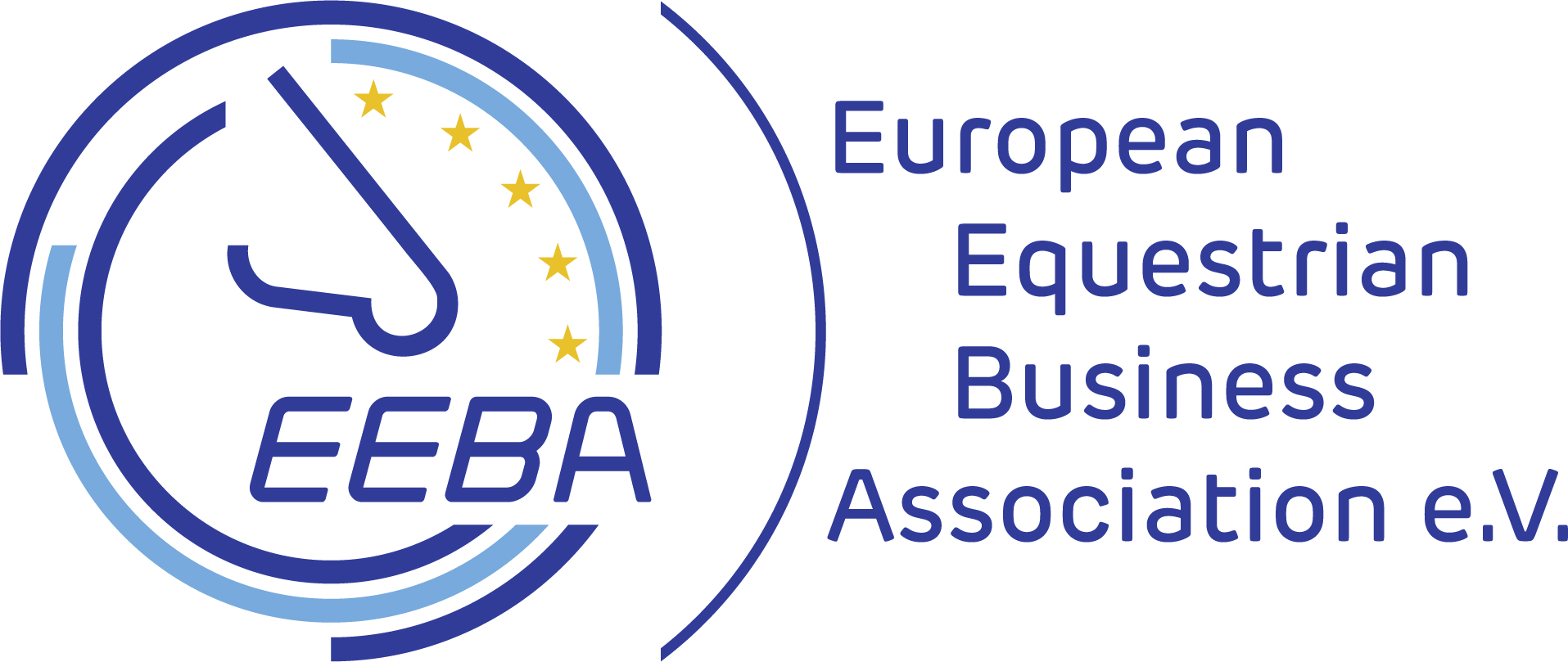Horse owners in Iceland would like to point out the risk of petting or feeding horses in pastures—there are many places where you can do so safely and with permission.
When you travel around Iceland, you can’t help but admire all the colourful horses grazing peacefully or playing on pastures by the side of the road. Admire them all you want (after parking safely and away from traffic) but please think twice before petting them—or worse, entering the fenced-off area and feeding them.
With more and more tourists visiting Iceland, horse owners are becoming increasingly concerned about the wellbeing of their horses and are asking that tourists respect their properties. “I wouldn’t walk into some private garden in, say Germany, and pet someone else’s dogs,” says horse owner Brynja Eldon from Þorlákshöfn. She wonders why some people think it’s fine to enter a restricted area and pet or feed someone else’s horses. “Maybe because we’re so liberal about most things, or because they’re so accessible? Maybe they assume that the horses are wild?”
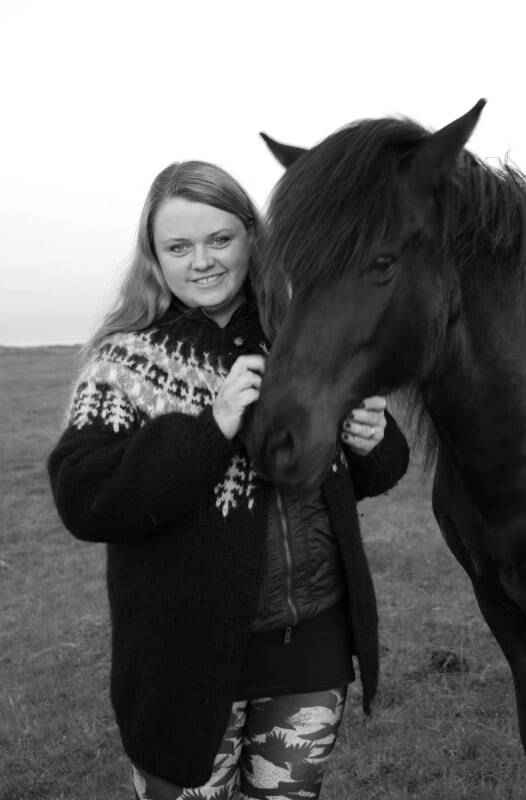
Brynja Eldon.
When Brynja heard about a horse which had fallen ill after a tourist fed it something it couldn’t handle, she felt compelled to post guidelines on Facebook on how to behave around horses. “Please never feed horses without permission from the owners. The things that you are giving them can make them sick ... They have very sensitive digestive systems,” Brynja warns in her Facebook post. Icelandic horses may not be used to the food commonly fed to other breeds. “I used to work at Fákasel Horse Park and an American couple asked whether they could give the horses peppermint sweets. I was stunned and said: ‘No, sugar is bad for them,’ but they said they gave it to their horses all the time.”
There are risks to tourists as well. Icelandic horses are generally good-natured and friendly creatures, but they can bite, kick, step on toes, or push people over when competing for a treat. Usually, such aggressive behaviour is directed towards other horses, but in a big herd, accidents can happen. “They also learn pushy and obnoxious behaviour, which can seriously hurt a person that wants to ride them later. Repeated visits of tourists into horse fields can ruin [valuable] training that we, the horse owners, have paid for, and cause accidents later,” Brynja writes.
Moreover, trespassers may forget to shut gates or fail to do so properly, leading horses to escape and possibly run into traffic, endangering themselves and others. “When there is a lot of snow and you start walking over the snow and over the fence, the horse might follow the track back when you’re gone,” elaborates Brynja, adding: “In Iceland we have so many expensive breeding mares, geldings and stallions. We need to have them for ourselves and take care of their training and safety.”
Brynja shared her post in the Facebook-group “ICELAND – tips for travellers” and in one month it was viewed 50,000 times. Reactions (likes and emojis) almost reached 1,000 and the number of comments – overwhelmingly positive – 139. Indeed, many of the group members have shared Brynja’s post and called for her advice to be made more readily available and in more languages.
For example, Anna Carolina wrote: “Very informative and important post. Good luck on your job. We all love animals, let’s keep them healthy and safe,” and William Cooper shared: “Thank you for posting. I appreciate that you took the time to make this information available,” while Rhonda Murphy commented: “Thank you for letting us know where to see the Icelandic horses, it’s definitely a highlight for me and I want to do it the right way!”
The good news is, that there are several places in Iceland where visitors can meet and pet horses, including the aforementioned Fákasel Horse Park between Hveragerði and Selfoss in South Iceland. Sólvangur Icelandic Horse Center by Selfoss offers stable tours and personal encounters with horses. Icelandic Horse World by Hella is another option. On the popular Golden Circle route between Geysir and Gullfoss waterfall, you’ll find Horsepetting at Margeiri, Bru’s Farm. Close by is tomato and horse farm Friðheimar, which offers stable visits. In West Iceland, near the Hraunfossar waterfalls, is Sturlureykir Horses / Visiting Horse Farm. In Reykjavík, you can get up close and personal with the horses in Reykjavík Family Park and Zoo, where children can also ride hand-led horses. In North Iceland near Akureyri, petting zoo Daladýrð has a variety of animals, including horses.
And of course, if you want to go horseback riding, there are tour operators all around the country, including the ones listed here.
Text: Eygló Svala Arnarsdóttir. Photos: Brynja Eldon and from our archives.

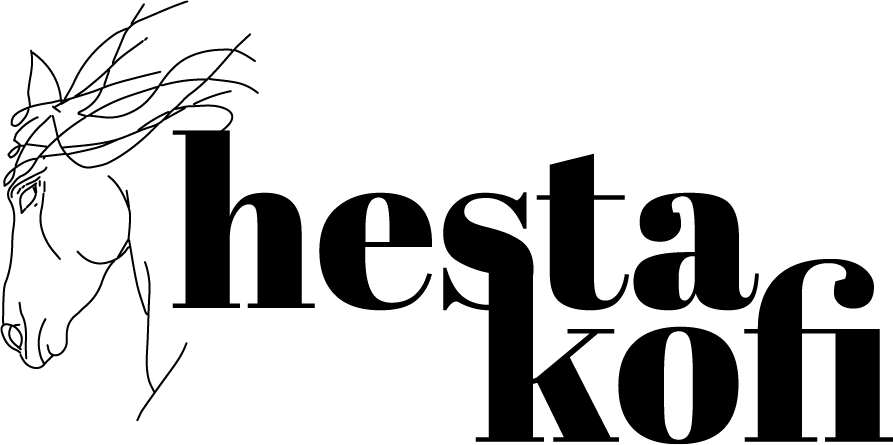
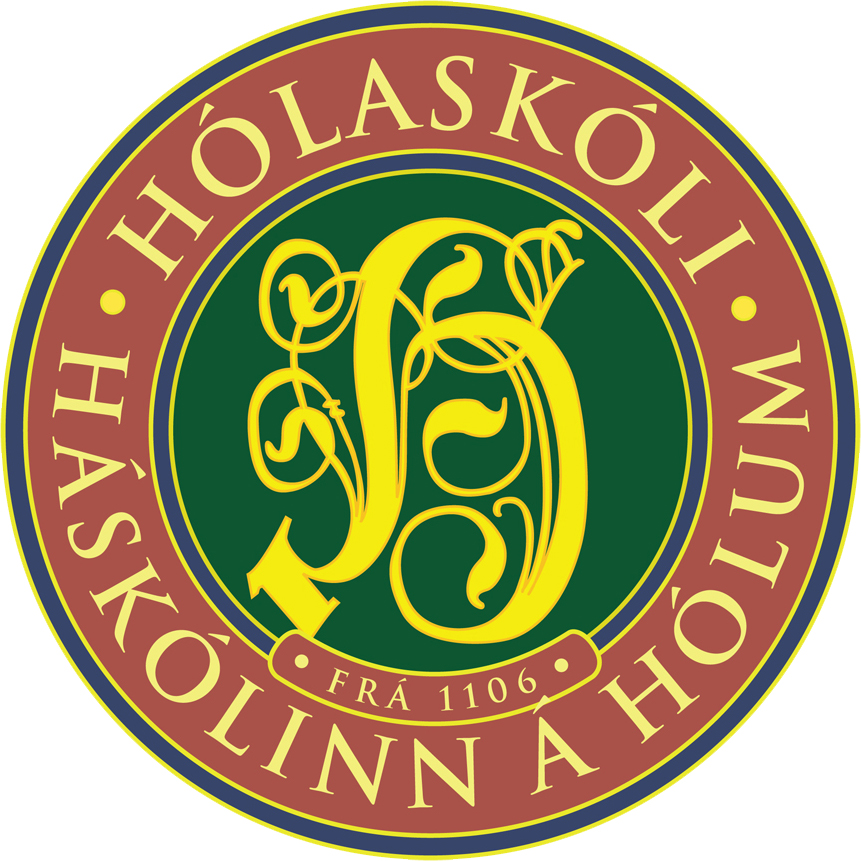



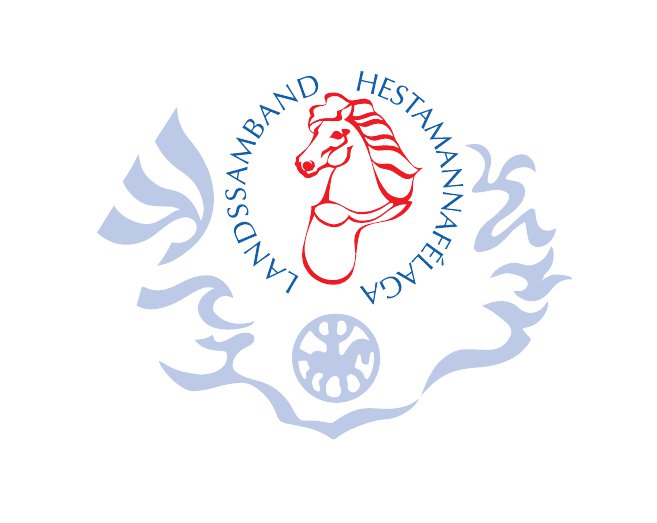

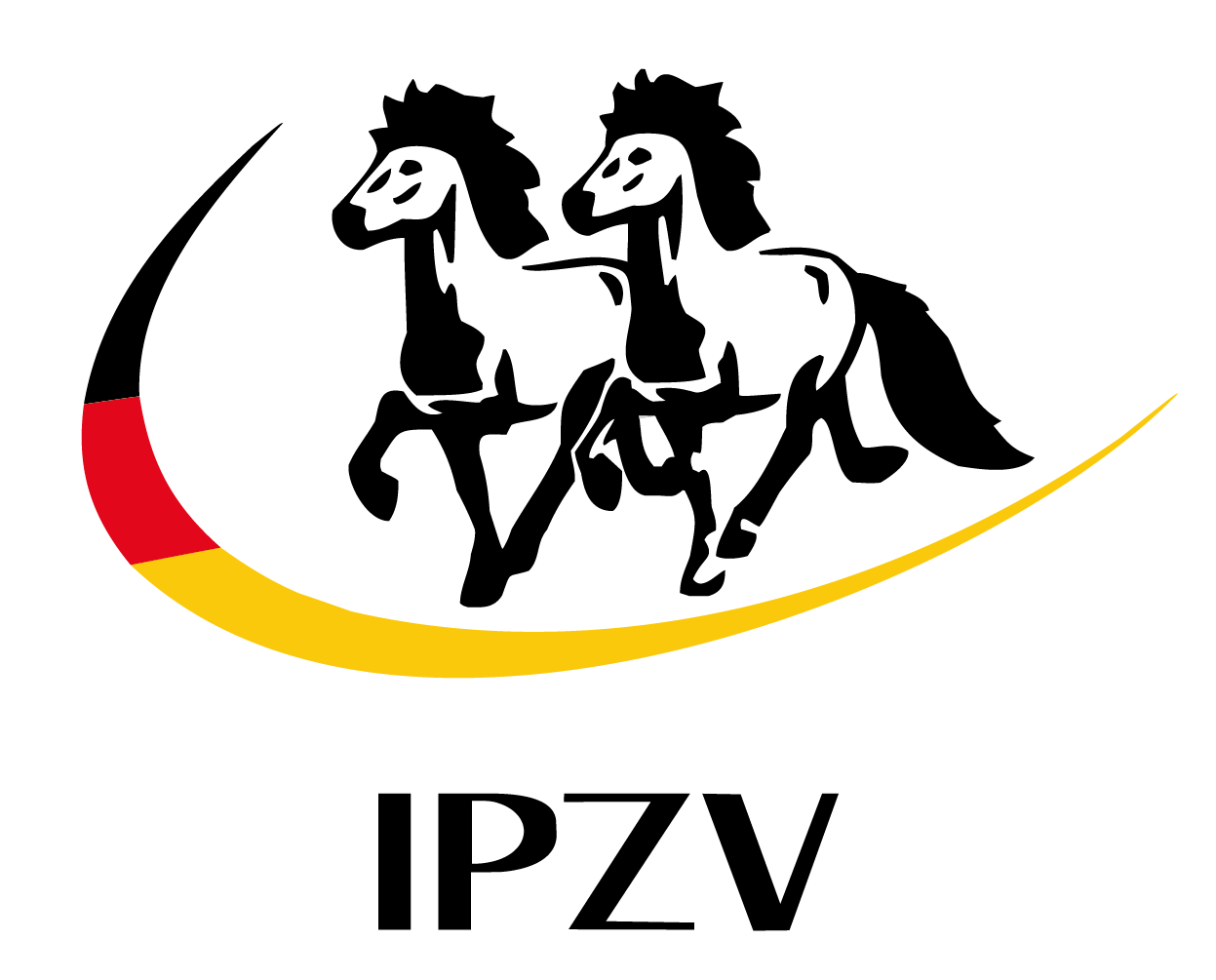



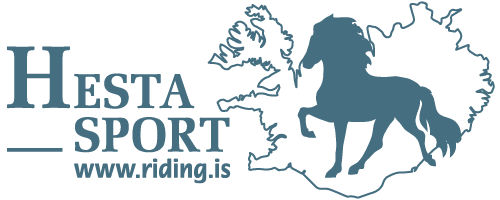


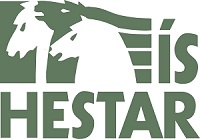

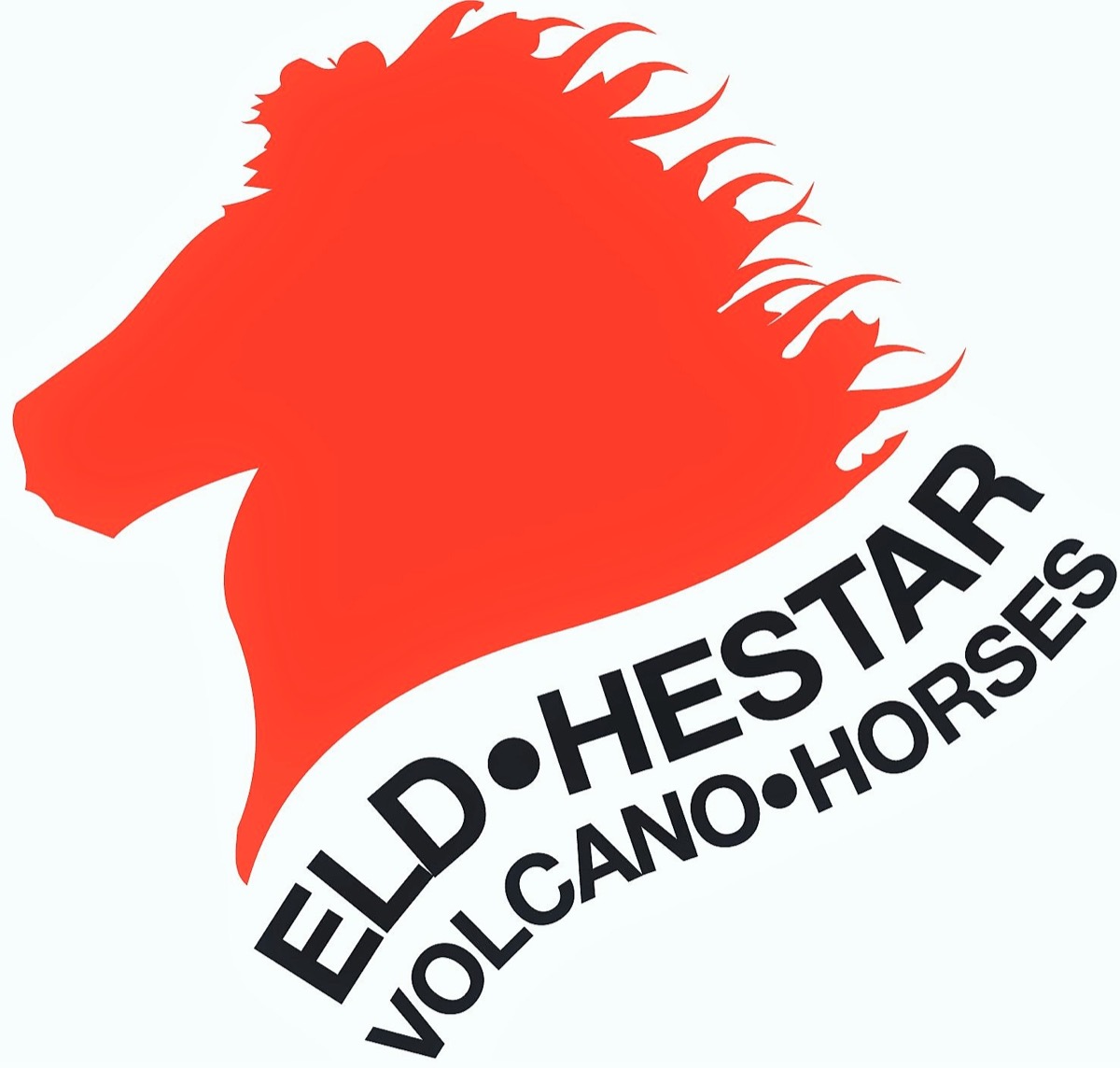
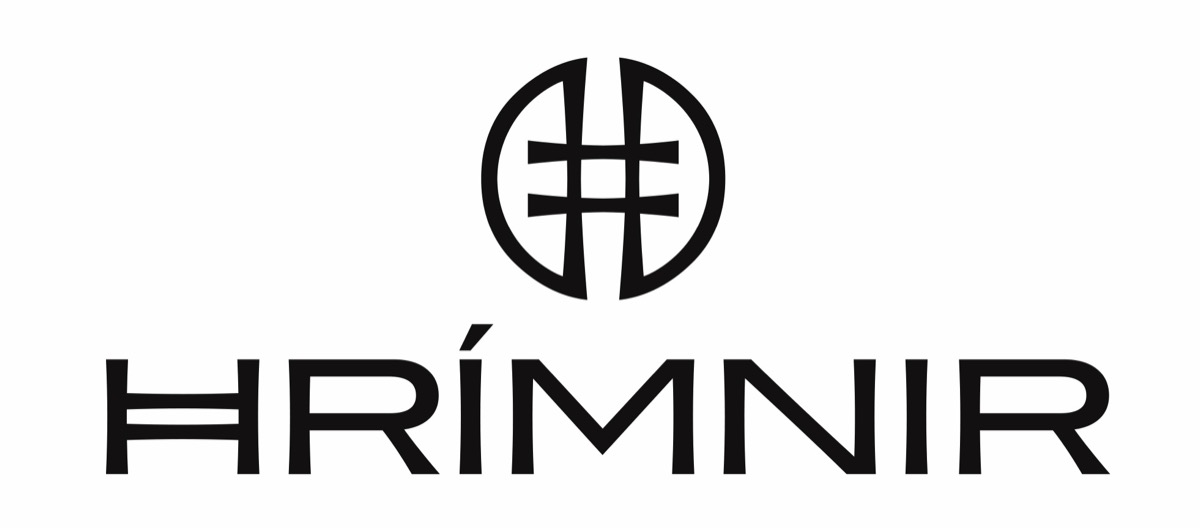

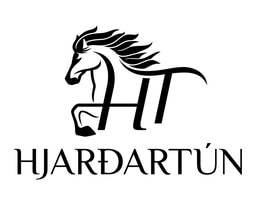
-1.jpg)
